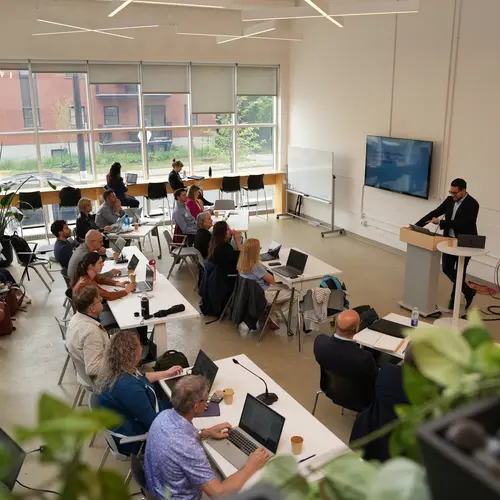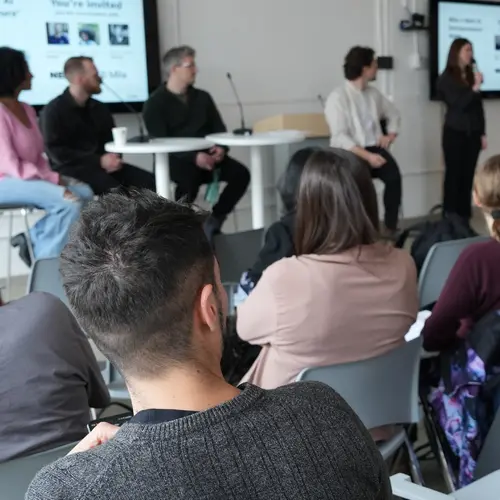
Maxime Gasse
Biographie
Je suis chercheur principal chez ServiceNow à Montréal, où je fais de la recherche à l'intersection de l'inférence causale et de l'apprentissage par renforcement. Je suis professeur adjoint à Polytechnique Montréal et membre associé de Mila – Institut québécois d’intelligence artificielle.
Je suis fasciné par la question de l'intelligence artificielle : pouvons-nous construire des machines qui pensent? Je crois humblement que nos tentatives de concevoir des machines pensantes peuvent être un chemin vers une compréhension fondamentale de l'intelligence et de nous-mêmes.



